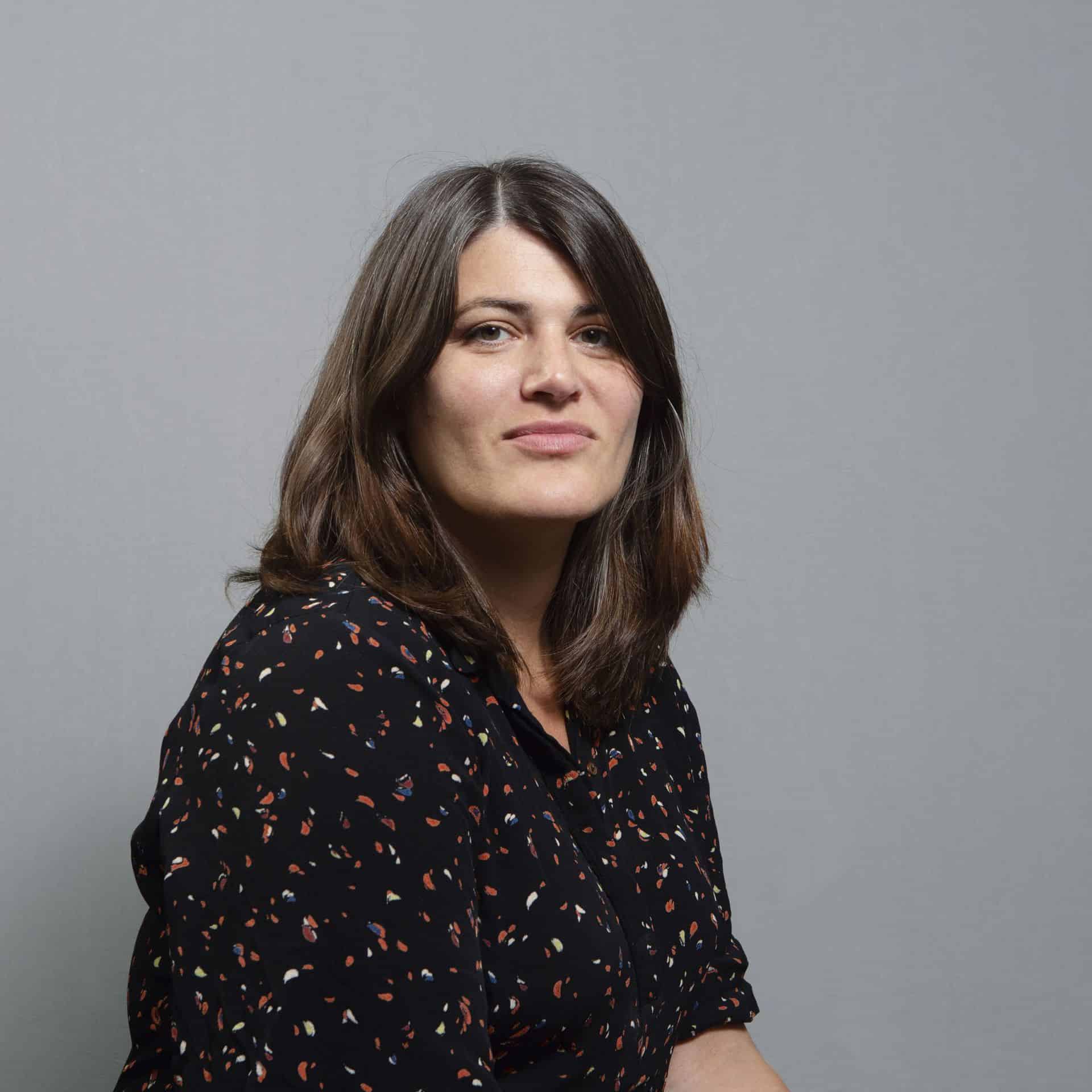How journalists covering Covid-19 can connect people, even when they can’t be together
By Polly Curtis
There’s something very strange about reporting on the biggest story in the world, but not being able to leave the house to do it. This first hit me when I realised we couldn’t go and check out the rumours that the biggest ICU [intensive care unit] in the world was being built at the Excel centre in London. We can’t do all the usual things we’d do on a big story: visit the scene of an event, get perspective by roaming around the country or reporting overseas.
Usually, we find the people at the heart of the story, look them in the eye and hear their testimonies. This story is everywhere, but at an appropriate social distance.
It’s very difficult to get perspective on something as dizzyingly big and personally impactful on each and every one of us. We all feel like we know this story because we’re all living it. But that’s what makes it more dangerous. The echo chambers that were blamed when the media failed to see Brexit coming, or Donald Trump’s election, have just reduced to the size of our homes and the number of people we follow on Twitter. There’s so much reporting on this crisis – so much of it brilliant and vital – but it still feels somewhat muffled to me, because I know we aren’t doing the shoe leather bit. What are we missing?
At Tortoise we specialise in this kind of in-depth shoe-leather reporting, spending months finding out what really went on in Theresa May’s Brexit deal, or sending Paul Caruana Galizia to find the truth about his mother’s murder, or revealing the routine cover-up of harassment on university campuses.
But we do something different as well: behind all our journalism we convene conversations, bringing our members, experts and ordinary people into the debate about the stories we are working on. These events are called “ThinkIns” and since the lockdown we’ve been conducting them on Zoom, convening hundreds of people to debate the various angles on this huge story and to try and break out of that echo chamber through “civilised disagreement”.
Early on we asked a ThinkIn with over 150 people whether there would be a “poverty penalty” for the pandemic, or whether, as some were claiming, it would be the great leveller. The answer, resoundingly, was that we felt there would be an unequal effect. Poorer people would be hit harder by the economic downturn, they would have a worse experience in lockdown with smaller homes and no outdoor space, and many of those who were classed key workers would be forced out to work not through choice but necessity. We reported on that here.
It prompted a series of ThinkIns giving a platform to the Unheard Stories of the pandemic. Each week we invite people who aren’t being talked about into our virtual newsroom to tell their stories. We’ve heard from a sex worker whose livelihood is under threat, a recovering drug addict who is struggling to stay sober, a homeless person abandoned in Heathrow and a domestic worker effectively imprisoned in their employer’s house. We reported those stories here.
Each week new people are flocking to these ThinkIns, keen to hear different experiences and perspectives on the crisis. It’s one way of breaking out of the media echo chamber that this pandemic risks reinforcing. If we as journalists can’t go out into the world, at least we can still find ways to bring people together.
Author photo.

Polly Curtis is a partner and editor at Tortoise Media. She was previously editor-in-chief at HuffPost UK, digital editor of The Guardian and a visiting fellow at The Reuters Institute for The Study of Journalism.